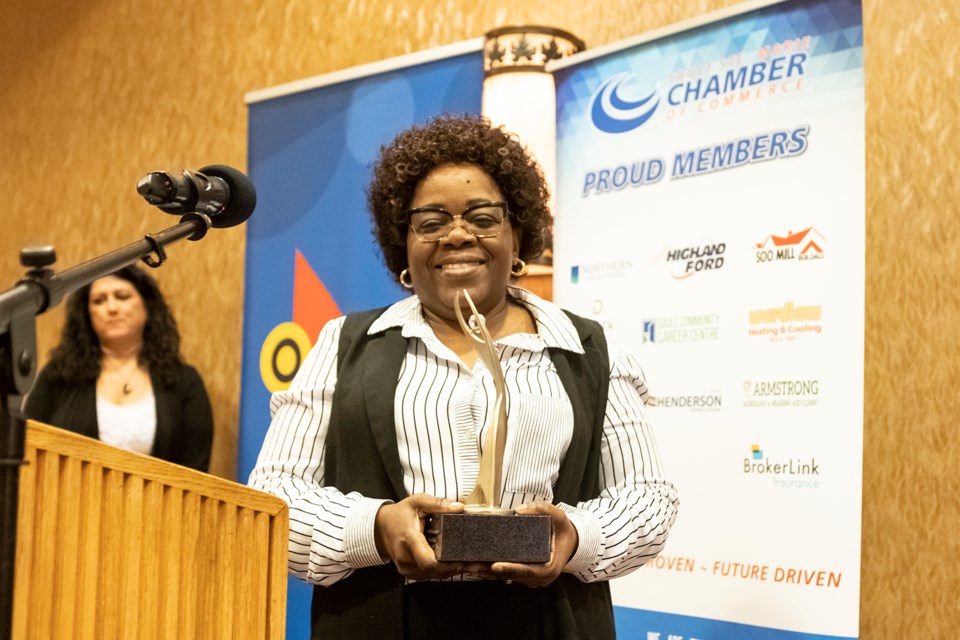A new report released on Thursday by the Northern Policy Institute states that, for the most part, northern communities are welcoming.
In Sault Ste. Marie just over half of respondents felt that discrimination against visible minorities was no longer a problem. For Indigenous peoples, responses were split down the middle: 48 per cent of respondents agreed and 48 per cent of respondents disagreed with that statement.
Algoma University's equity, diversity and inclusion manager says "we are not there" yet.
The survey is designed to measure the experiences of individuals and attitudes, focusing on Thunder Bay, Sault Ste. Marie, Timmins, North Bay and Greater Sudbury, and is entitled Tangled Lines: Unraveling the Racism and Discrimination Divides in Northern Ontario.
The report found that “individual prejudice was found to be a bigger issue for visible minorities and Indigenous peoples compared to discrimination built into laws and institutions.”
Algoma University's Jane Omollo told SooToday that racism is still there in the case of individual prejudice and in institutions.
“I read the summary and my reflections, when I think about racism and the institutions that are doing this important work to ensure that we create welcoming spaces for all, is that there is so much work that still needs to be done,” Omollo said.
“When you ask people about racism most people reflect on themselves and it’s usually a very quick response to say you’re not racist. That does not take into account what is happening on the ground, especially if you have engaged the people who go through this life every day,” said Omollo, who has worked for equality at Algoma University and throughout the community.
“We look at movements around the world like anti-Indigenous racism, anti-Black racism, anti-Asian racism, antisemitism, Islamophobia -- would they be able to respond the same way? I don’t think so.”
“The truth is that racism is still real and here with us,” Omollo said.
Omollo said racism needs to be eradicated at the institutional level before it can be removed among the general population.
“Systemic racism is real. Individual racism is real. Institutional racism is real. When you look at many institutions, their policies, processes and procedures that they have were policies, procedures and systems that were built on a colonial system that was very racist from the beginning.”
She said we have to look at our policies, processes and procedures and ensure that we are intentionally embedding equity and inclusion in the work that we do,
"But if we have a policy in place that has not spoken for these individuals for centuries, how do you start to say we do not have individual racism when the structures that were built didn’t help these individuals,” Omollo said.
Omollo said there is still a need for more education and awareness along with a willingness among people to stand up against racism when they see it.
“When I think about the community that we are living in here in Sault Ste. Marie, we still receive reports from students at the school boards complaining this is still happening to them in the schools.”
“As long as you have people saying ‘it’s not there,’ racism will continue to perpetuate itself.”
Based on the findings, the NPI reports provide several recommendations, including:
- Continue public education about racism and discrimination in all spaces;
- Identify who is not around the decision-making table and why; and,
- Spotlight best practices and implement where possible.
To read the NPI’s report on racism in Sault Ste. Marie and in other communities across northern Ontario, click here.
